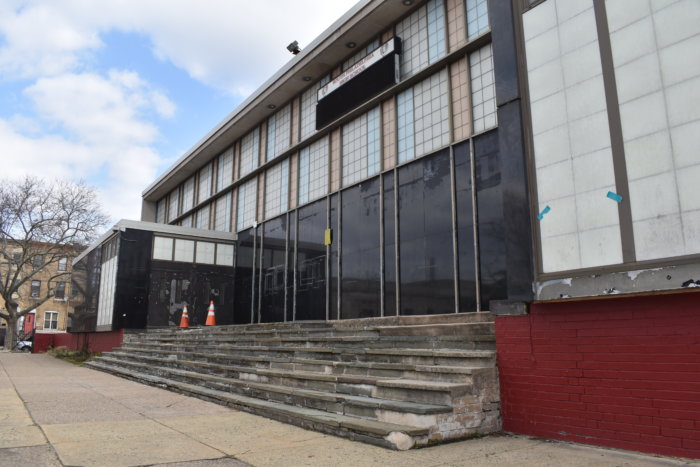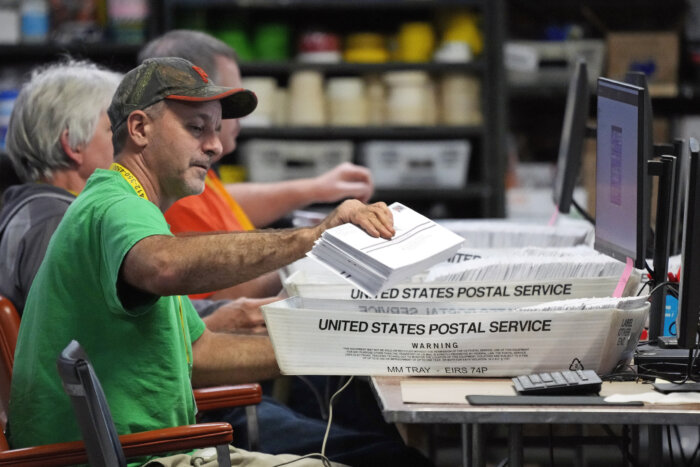On Monday, Mayor Jim Kenney signed Executive Order 4-21 making it the city’s policy not to arrest individuals for possessing or distributing fentanyl test trips.
Fentanyl contributes to 94 percent of opioid-related overdose deaths and, according to the Philadelphia Department of Public Health, 81 percent of drug overdose deaths overall. Overdose deaths involving fentanyl have rapidly increased in recent years, from nine deaths in 2012 to 979 in 2020.
“We have to use every available method to save lives while combating the opioid crisis,” said Kenney in a statement. “Fentanyl is increasingly a factor in every kind of fatal drug overdose and contributes to nearly all opioid-related deaths in Philadelphia. We gain nothing by penalizing the distribution and use of fentanyl test strips, which are proven to help people assess and reduce their risk of overdose. Fentanyl test strips are a life-saving tool that we encourage people to have, use, and share with others.”
The Philadelphia District Attorney and Pennsylvania Attorney General have publicly announced their own policies of declining to prosecute individuals possessing or distributing fentanyl test strips for harm reduction purposes. The CDC also announced earlier this year that federal funding may be used to purchase rapid fentanyl test strips.
Philadelphia is also launching a public outreach campaign with information about how and why to test drugs for fentanyl. Additional drug-specific educational cards that advise testing drugs for fentanyl and carrying naloxone can be found at substanceusephilly.com. Ongoing virtual trainings on overdose prevention and the use of fentanyl test strips can be found at phillynaloxone.com.
In addition, addiction services are available through the City’s Department of Behavioral Health and Intellectual disAbility Services. Individuals seeking support can call Community Behavioral Health’s 24-hour hotline at 888-545-2600 or the 24-hour crisis line at 215-685-6440.
































